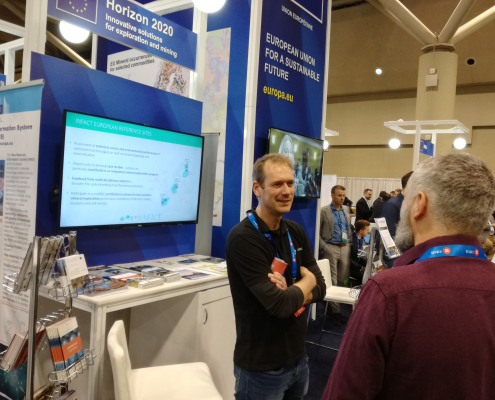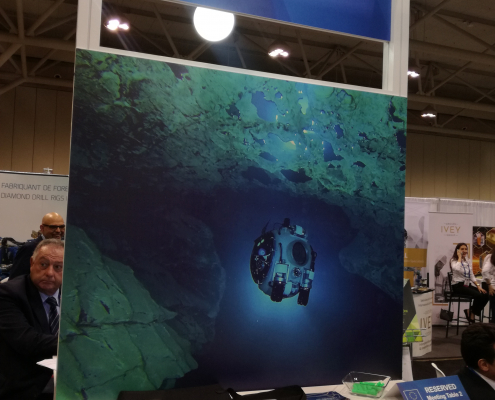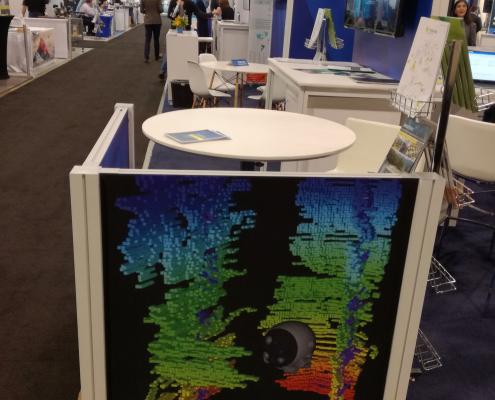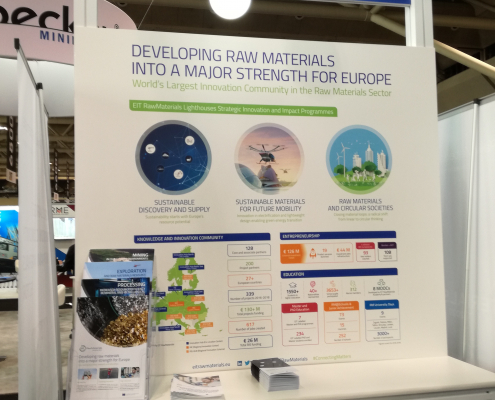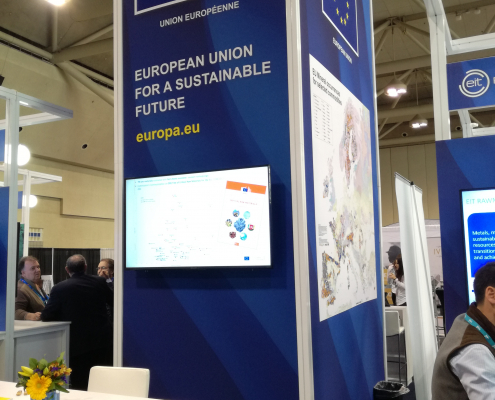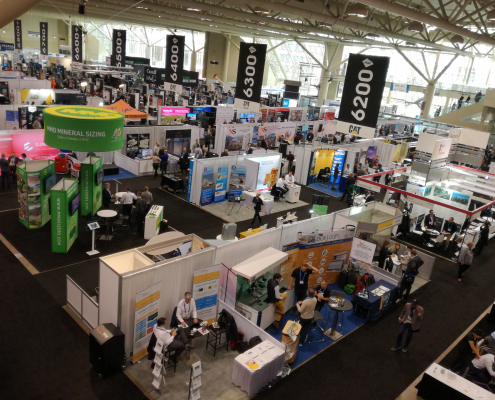UNEXUP e-meeting – WP0 & WP1 workshop
On March 24th-26th, the LPRC team participated in an UNEXUP three-day consortium e-meeting, which was held via teleconferencing due to the quarantine measures of the current COVID-19 pandemic in Europe. In this opportunity, partners responsible for the commercialization strategy and technological developments presented the current progress and the work plan for the next months, followed by discussions and questions raised by the whole consortium.
In the technological scope, the presentations were about the upscaling of the current UX-1 robotic platform – built during the UNEXMIN project, as well as the future development of an additional robot that will be added to the platform, which will be able to accomplish even more challenging missions, with improved hardware, software and overall capabilities.
UNEXMIN GeoRobotics Ltd. and LPRC made presentations for the commercialization / business plan section of the e-meeting. The LPRC presentation covered the Go-To-Market strategy, mentioning the PDAC 2020 findings, where LPRC was present to make a brief market assessment by dialoguing with UNEXUP’s potential clients in order to understand their expectations and needs from the service. This input is valuable to provide the necessary tools to develop a solid business plan for the UNEXUP exploration/ mine mapping service.
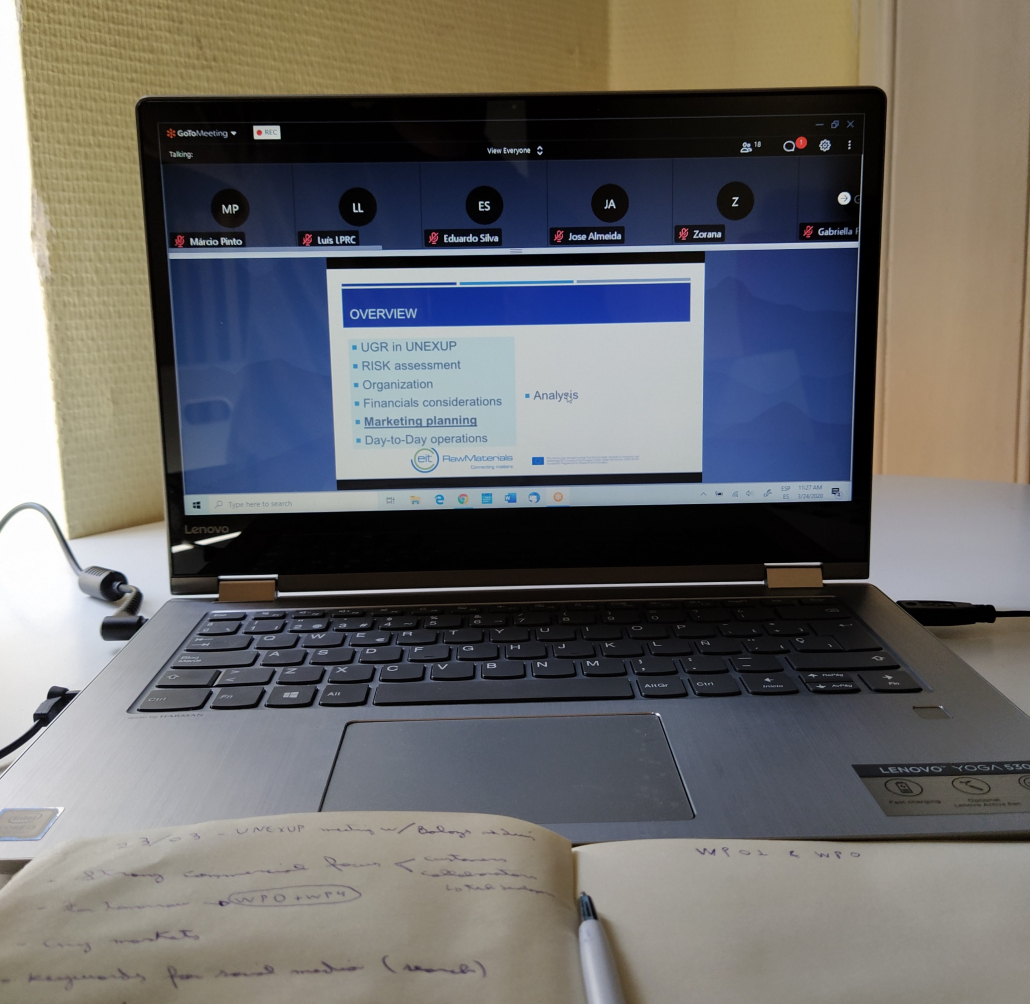
LPRC is the leader of the communication and dissemination Work Package (WP4) in UNEXUP, also taking part in the Go-To-Market strategy (WP0), by contributing with customers’ relations and analysis.


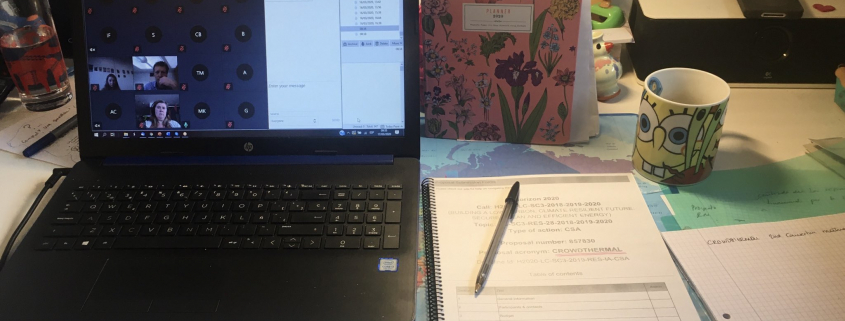
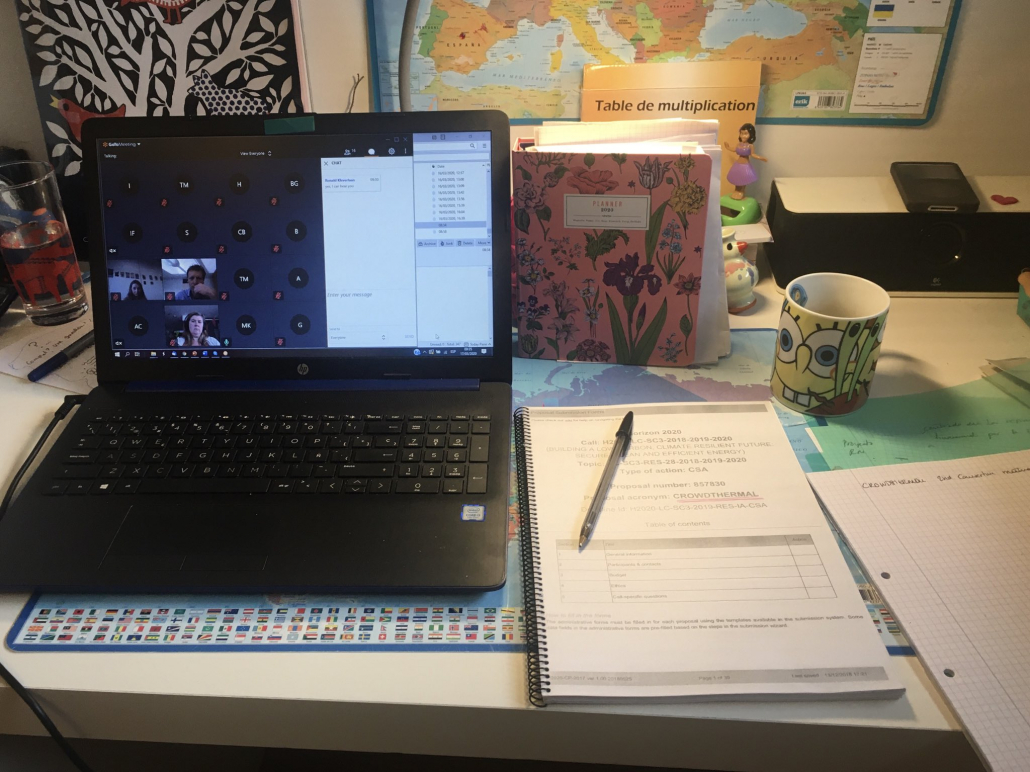
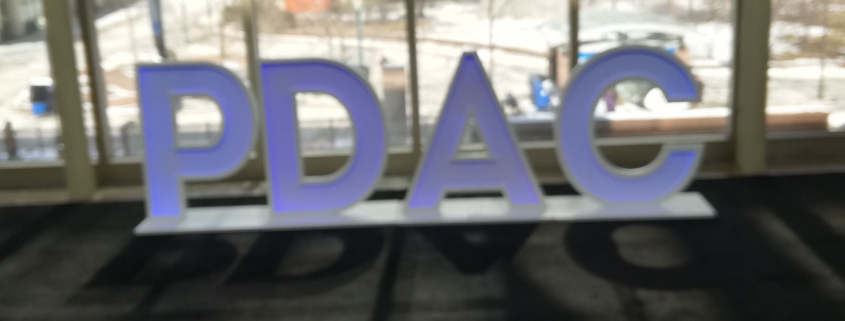 La Palma Research Centre
La Palma Research Centre